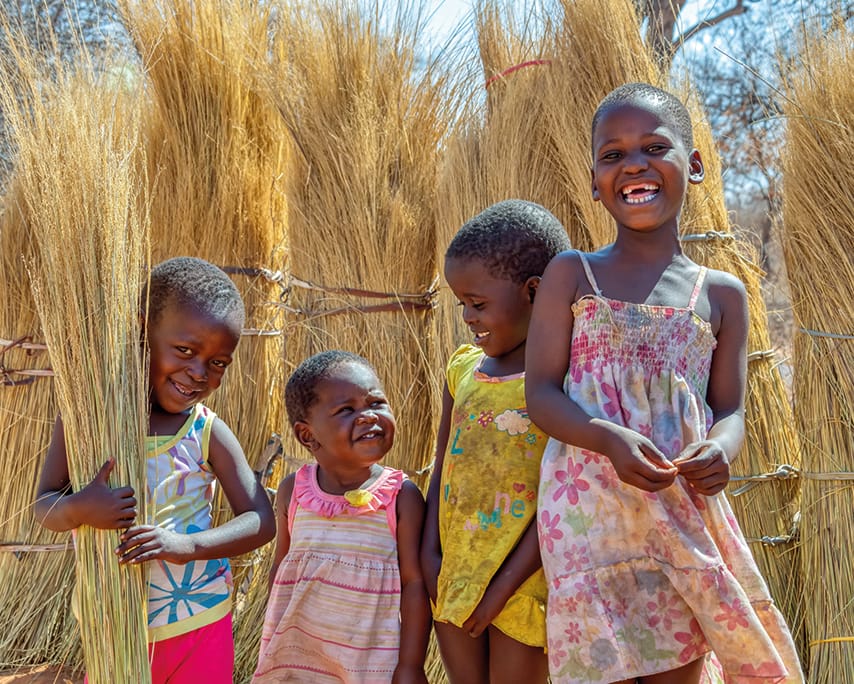Africa Food Security and Nutrition Day
A comprehensive and coordinated approach is essential to tackle Africa’s challenges related to poverty, food security, and nutrition. Achieving lasting progress requires initiatives that enhance community incomes, improve farming practices, expand access to education and healthcare, and implement policies that strengthen social support systems and infrastructure. As the world comes together to commemorate Africa Food Security and Nutrition Day, organised by the African Union, it is crucial to recognise the importance of integrating economic, social, and policy-based interventions in this strategic approach.
Economic empowerment—achieved through job creation and income support—forms the foundation for stability and independence within communities. Equally important is sustainable agricultural development, which encompasses improved farming methods and better access to resources like seeds and tools, which are essential to fighting food insecurity and making agriculture more reliable. Additionally, education and healthcare are critical to long-term well-being. When people have better access to education and healthcare, communities become healthier and more capable of self-reliance. To support these efforts, targeted policies are vital to establishing supportive structures, including social safety nets, accessible healthcare, and investments in infrastructure.
It is essential to understand that poverty and malnutrition are not isolated issues. They often reinforce one another, creating a complex cycle that traps individuals and communities. Living in poverty increases vulnerability to health issues, such as stunting, wasting, and immune deficiencies, all of which arise from inadequate nutrition. Malnutrition hinders physical and cognitive development, particularly in children, affecting their educational potential and economic opportunities as they grow. Consequently, poor nutrition limits productivity, reinforcing the conditions that sustain poverty. This interconnectedness underscores the complexity of the problem Africa faces.
Good nutrition is critical for cognitive and physical development, particularly during early childhood. When communities improve food security, they enhance their human capital by building a healthier, more educated workforce that can drive economic growth. Therefore, addressing malnutrition becomes a strategic step in breaking the poverty cycle, promoting individual and community well-being and fostering sustainable economic development.
Recognising the critical role women, especially rural women, play in ensuring food security, managing natural resources, and building resilience against global challenges is essential. Restoring their traditional knowledge and leadership is not only a moral obligation but also a practical solution that leverages their wisdom to address some of the most pressing issues of our time. In many African communities, women are the primary caregivers and food providers, making their contributions to food security and nutrition pivotal. Empowering women in these roles frees up their time and energy, allowing them to move beyond survival tasks, pursue education, develop new skills, and engage in income-generating activities. Furthermore, women’s economic contributions and influence over household decisions lead to improved health and educational outcomes for their children, helping lift entire families out of poverty and significantly enhancing community development.
During this year’s Africa Food Security and Nutrition Day, we must understand that achieving food security and improving nutrition in Africa requires a strategic approach integrating economic, social, and policy-based interventions. By investing in human capital, addressing infrastructure gaps, and empowering women, Africa can foster a positive development cycle where health, education, and productivity flourish.



